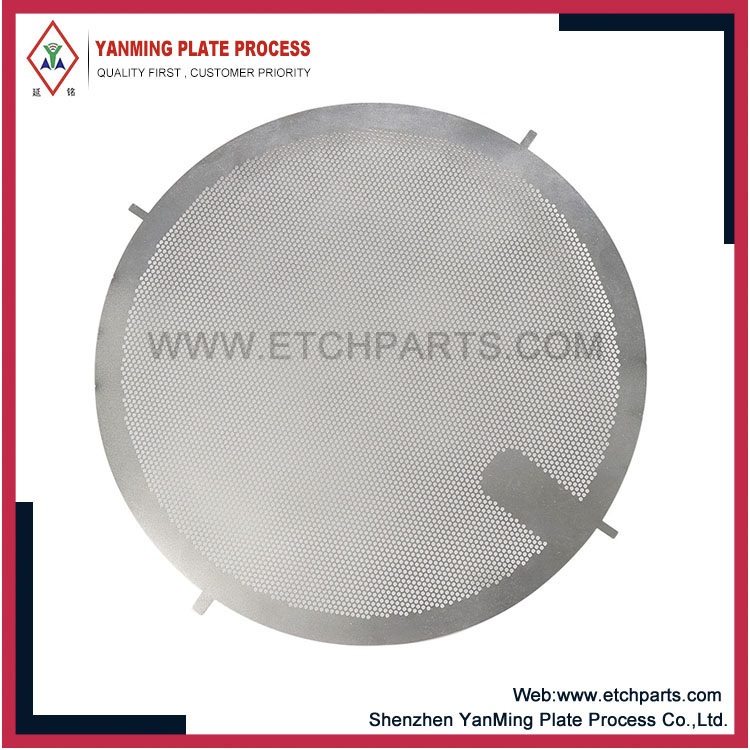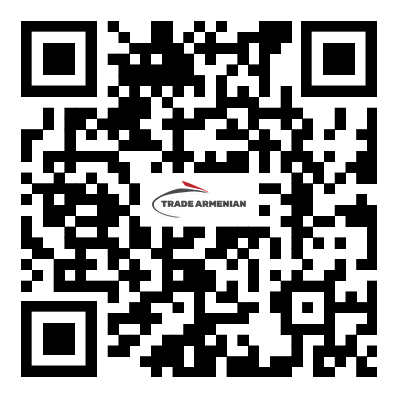The Versatility of Mesh Screens: A Key Component in Various Industries
2025-03-07
Mesh screens are an integral part of numerous applications across different industries, from construction and agriculture to technology and manufacturing. Whether you are looking to filter, protect, or support, mesh screens offer a reliable and cost-effective solution. With their ability to perform various functions such as screening, straining, and reinforcing, these screens are highly versatile and valuable. In this blog, we will explore what mesh screens are, their different types, and the many uses they serve.
What is a Mesh Screen?
A mesh screen is a woven or welded material made of metal, plastic, or other materials that have a network of interconnected strands. These strands form a grid-like structure that allows for the passage of certain substances while blocking others. Mesh screens come in various sizes, materials, and configurations, depending on their intended use.
The key characteristic of mesh screens is the size of the openings between the strands, known as the mesh count or mesh size. The mesh count determines how fine or coarse the screen is, and it plays a vital role in the screen's filtration and separation capabilities.
Types of Mesh Screens
There are several types of mesh screens, each suited for specific applications. Some of the most common types include:
1. Woven Mesh Screens
Woven mesh screens are made by interlacing threads of metal, plastic, or other materials. They are known for their flexibility, strength, and ability to provide precise filtration. Woven mesh is used in a wide variety of applications, from sifting and straining to providing protection or reinforcement in structural applications.
2. Welded Mesh Screens
Welded mesh screens are created by welding the intersection points of the wires together, forming a rigid grid. This type of mesh offers superior strength and durability compared to woven mesh and is commonly used in construction, security, and industrial applications. Welded mesh is ideal for situations that require added structural integrity and stability.
3. Expanded Mesh Screens
Expanded mesh screens are made by cutting and stretching a solid sheet of material, such as metal, into a mesh-like pattern. This process creates a rigid structure with uniform openings. Expanded mesh is often used for applications requiring strength and support, such as in walkways, barriers, and decorative panels.
4. Perforated Mesh Screens
Perforated mesh screens are made by punching holes into a sheet of metal or plastic. The holes can vary in shape and size, and the spacing between the holes can be customized to suit specific needs. Perforated mesh is commonly used for ventilation, filtering, and noise reduction applications.
Applications of Mesh Screens
Mesh screens are used in a wide range of industries and applications, thanks to their versatility and functionality. Some of the most common uses of mesh screens include:
1. Filtration and Separation
One of the primary uses of mesh screens is in filtration and separation processes. Whether you need to filter liquids, gases, or solids, mesh screens are designed to allow the passage of certain substances while blocking unwanted particles. This makes them an essential component in industries such as water treatment, food processing, chemical manufacturing, and pharmaceuticals.
For example, in the food industry, mesh screens are used to strain liquids, remove debris, and separate different ingredients. In water treatment plants, mesh screens help filter out large particles from water, ensuring it is clean and safe for use.
2. Protection and Safety
Mesh screens are also used for protective purposes. They can be installed in windows, doors, fences, or machinery to prevent debris, insects, or animals from entering sensitive areas. Mesh screens are commonly used in construction sites to protect workers and equipment from falling debris. In industrial settings, they can be used as safety barriers to prevent accidents or injuries.
In the electronics industry, mesh screens are sometimes used as shielding to protect sensitive equipment from electromagnetic interference (EMI).
3. Reinforcement and Support
Mesh screens are often used as reinforcement materials in construction and manufacturing. They add strength and stability to structures such as concrete slabs, walls, and floors. Reinforcing mesh helps prevent cracks and ensures the durability of these structures over time.
In addition, mesh screens are used in agriculture for purposes such as crop protection and animal enclosures. The mesh provides a sturdy barrier while still allowing air, sunlight, and water to pass through.
4. Decorative and Aesthetic Uses
Mesh screens are also employed in decorative and aesthetic applications. Due to their unique appearance, mesh screens can be used to create visually appealing patterns and textures in architectural designs. For example, metal mesh can be used for decorative wall panels, facades, or partitions in both residential and commercial buildings.
In the fashion industry, mesh fabrics are commonly used for clothing and accessories, providing a lightweight, breathable option for designers.
5. Ventilation
Mesh screens are essential for promoting airflow and ventilation in various systems. Whether in HVAC systems, vehicle radiators, or air filters, mesh screens help maintain airflow while preventing the accumulation of dust, debris, and other particles that could hinder performance.
Advantages of Using Mesh Screens
Mesh screens offer several key advantages that make them a popular choice in many industries:
- Durability: Mesh screens made from metal, particularly stainless steel, are highly durable and resistant to wear and tear, making them suitable for demanding environments.
- Flexibility: Mesh screens can be customized to meet specific requirements, such as mesh size, material, and thickness.
- Cost-Effective: Mesh screens are generally inexpensive and provide an affordable solution for filtration, protection, and structural reinforcement.
- Ease of Maintenance: Mesh screens are easy to clean and maintain, ensuring long-lasting performance.
- Lightweight: Many mesh screens are lightweight, making them easy to handle and install.
Conclusion
Mesh screens are versatile components that offer an array of benefits across various industries. From filtration and separation to reinforcement and decoration, mesh screens are a reliable, durable, and cost-effective solution for many applications. Their ability to perform multiple functions, such as protecting, supporting, and reinforcing, makes them indispensable in modern manufacturing and construction. Whether you're looking to filter, protect, or enhance, mesh screens provide a flexible and efficient way to meet your needs.



